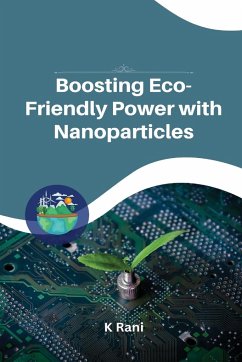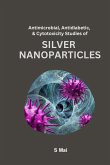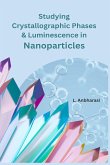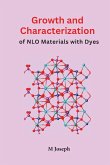The demand for eco-friendly power generation is increasing due to concerns about the impact of traditional power generation methods on the environment. Nanoparticles have been identified as a potential solution to this problem. In particular, non-noble metal nanoparticles have been found to have excellent electrocatalytic properties, making them a promising material for boosting eco-friendly power generation. The use of nanoparticles for electrocatalysis in power generation has been extensively studied in recent years. Nanoparticles have been shown to enhance the performance of fuel cells, batteries, and solar cells. However, the high cost and scarcity of noble metals such as platinum have limited their widespread use. Non-noble metal nanoparticles, on the other hand, are abundant and relatively cheap, making them a more attractive alternative. Electrocatalysis is the process of using a catalyst to accelerate an electrochemical reaction. In the context of power generation, electrocatalysis is used to improve the efficiency of energy conversion. Non-noble metal nanoparticles have been found to be effective electrocatalysts due to their high surface area, which allows for more active sites for electrochemical reactions. The synthesis of non-noble metal nanoparticles using eco-friendly and sustainable methods is an important area of research. This is where green chemistry comes into play. Green chemistry is a set of principles and practices aimed at reducing the environmental impact of chemical processes. The use of eco-friendly materials, renewable resources, and non-toxic chemicals is an essential aspect of green chemistry. Nanotechnology offers a powerful tool for the development of eco-friendly power generation technologies. Nanoparticles can be synthesized using sustainable and eco-friendly methods to improve their electrocatalytic properties. The use of non-noble metal nanoparticles in power generation has the potential to significantly reduce the cost and environmental impact of energy conversion. In conclusion, boosting eco-friendly power generation with nanoparticles is a promising area of research. The use of non-noble metal nanoparticles as electrocatalysts has been found to be effective in improving energy conversion efficiency. By using eco-friendly materials and sustainable manufacturing processes, we can develop a more sustainable and environmentally friendly energy system.








